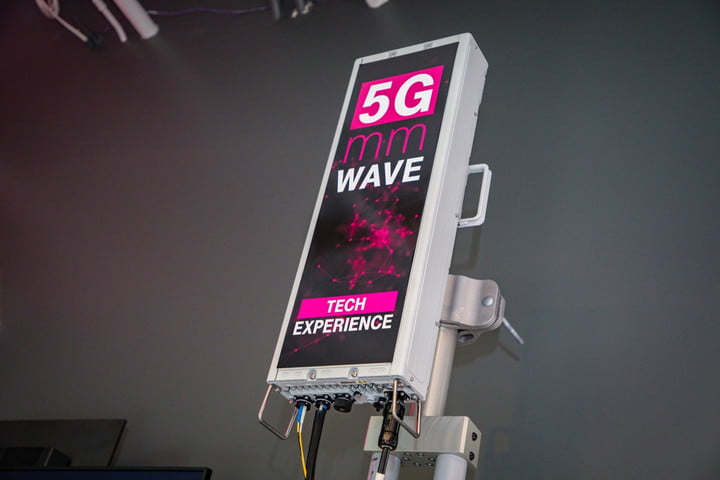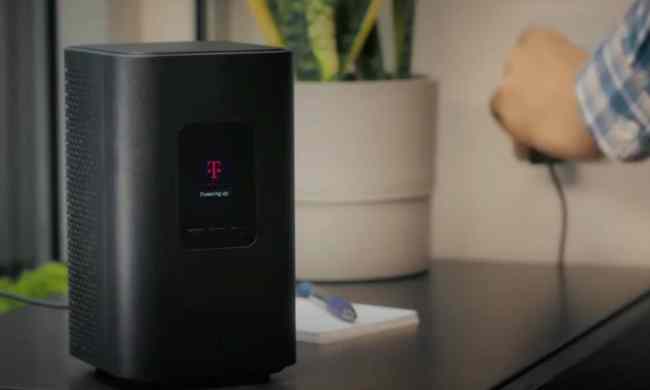
The Federal Communications Commission (FCC) confirmed on Thursday that it will not alter radio frequency exposure limits for 5G — refuting persistent worries that cutting edge mobile network technology could prove harmful to humans.
The confirmation comes as part of a larger proposal from FCC chairman Ajit Pai, which would seek to make small changes in how radio wave emissions are judged to be safe, but only in terms of making the rules consistent across different types of technology. As part of the proposal, various experts were asked their opinion on whether current levels of radiofrequency exposure from existing mobile technologies could be considered harmful or dangerous to humans. According to an FCC press release, the answer was a resounding “no.” The FCC was also at pains to make it clear that exposure limits in the U.S. were among the “most stringent in the world.”
5G is the next huge development in mobile networks, promising a huge increase in download speed on mobile devices, and allowing for faster connections between a large network of interconnected devices. But some fear the increased number of radio waves bouncing around the air could potentially be harmful to human health, and though there’s been little in the way of substantial proof, it has stopped speculation and fear from running rampant. Our own investigation into 5G did not undercover any evidence the technology could be harmful, but did point out that there is always more research to be done on a subject like this.
Some U.S. carriers including Verizon and Sprint have been launching their own 5G networks in cities across the country, while manufacturers have been scrambling to create and push out 5G-enabled phones to take advantage of the growing buzz. We’ve done several 5G tests in New York, Chicago, and even London, and the results have usually been a blindingly fast internet connection — if you’re standing in the right place.
Does that mean you should rush out and buy a 5G phone? Unless you’re desperate to get right on top of the zeitgeist, we suggest holding off for now. 5G phones are currently extremely expensive — the Galaxy S10 X 5G costs a wallet-breaking $1,300 — and are currently locked to a specific carrier’s 5G network, so you can’t currently take it to a different carrier when your contract is up. But you can expect those barriers to drop as the technology becomes more widespread.


